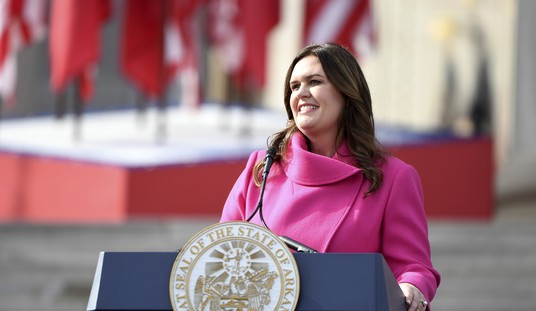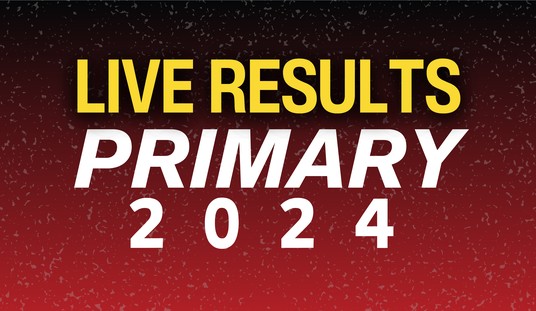Even as world equity markets move down with signs pointing to slowing global economic growth, a European Central Bank member is warning about inflation.
"We have to take seriously the April rise in long-term inflation expectations and take it as a sign of increasing price perspectives when monetary policy is expansive," said Jens Weidmann, the head of Germany's Bundesbank.
Translation: We need to tighten up money to combat inflation.
Tighter money supply means slower growth.
Of course, with protestors gathered all over the world asking for more handouts, it's possible that we could see governments loosen monetary policy to give out even more handouts.
In that case, inflation would, of course, quicken its pace.
There is one alternative between raising interest rates and pumping more money into the system.
The government should consider slashing government regulations and taxes so as to create more friendly free market economies that produce more tax revenues.
The central problem that economies worldwide face is not a lack of money.
The central problem is a lack of confidence by the business community to make plans for investment. Banks still have lots of cash and assets on their balance sheets, but not enough of it is making its way into the economy.
In short, there is a lot of money, but not enough of it is yours or mine. This is what stagflation looks like. Concentrated pools of money chase the price of goods up; and you and I pay.
A couple things can be done to change the confidence level for American businesses and get money back to Main Street.
The president should grant a blanket waiver for everyone on the implementation of Obamacare. It was a misconceived idea that is hanging around the neck of the economy. That’s why we are seeing so many waivers granted.
Recommended
But more importantly, the House and Senate should repeal Frank-Dodd, the so-called financial reform legislation.
Frank-Dodd doesn’t actually accomplish anything but add an extra level of regulation that’s killing the loan business by distorting business decisions.
For example, Dodd-Frank asks the too-big-to-fail institutions (called SIFIs) to come up with extra capital to insure against failure. That’s a reasonable expectation.
But some of these institutions are rather loosely defined. It should come as no surprise that those falling in the loosely defined category of SIFI are lobbying to be waived out of the extra capital requirements.
And some will be waived out.
Those that can’t get waived will change their business model to avoid the extra burdens that comes with being an SIFI.
In the meantime, they are holding on to cash as a prudent business decision.
That’s the problem with these types of federal laws. It leads to business decisions made for the sake of complying with laws, not business realities.
For example, Hartford Financial Services Group Inc said today that it would sell a small bank it purchased to take advantage of bailout laws passed in response to the financial meltdown of 2008.
“Hartford said it will record a second-quarter charge of about $70 million after taxes on its agreement to sell the bank, Federal Trust Corp., to CenterState Banks Inc.,” reports the Wall Street Journal. “Buying the lender allowed Hartford to get $3.4 billion from the federal bailout program; it repaid the bailout last year.”
What was the purchase price for $3.4 billion in government loans? $10 million.
Clearly Hartford took advantage of a law to help their shareholders. That’s what businesses do. The moment we ask them to stop doing that, the economy will collapse completely.
Right now, banks, especially small banks- the one that make loans on Main Street- are in regulatory limbo. The American Bankers Association estimates that over 1,000 small banks will close as a result of Dodd-Frank.
Instead of forcing those banks with perfectly sound balance sheets to close, we should be figuring out how to get them to loan money again.
That’s social engineering we can all agree on.
That's really our only hope.
We're out of money. And every minute, the money that you and I have is worth a little -or a lot- less.
This is what stagflation looks like.

























Join the conversation as a VIP Member